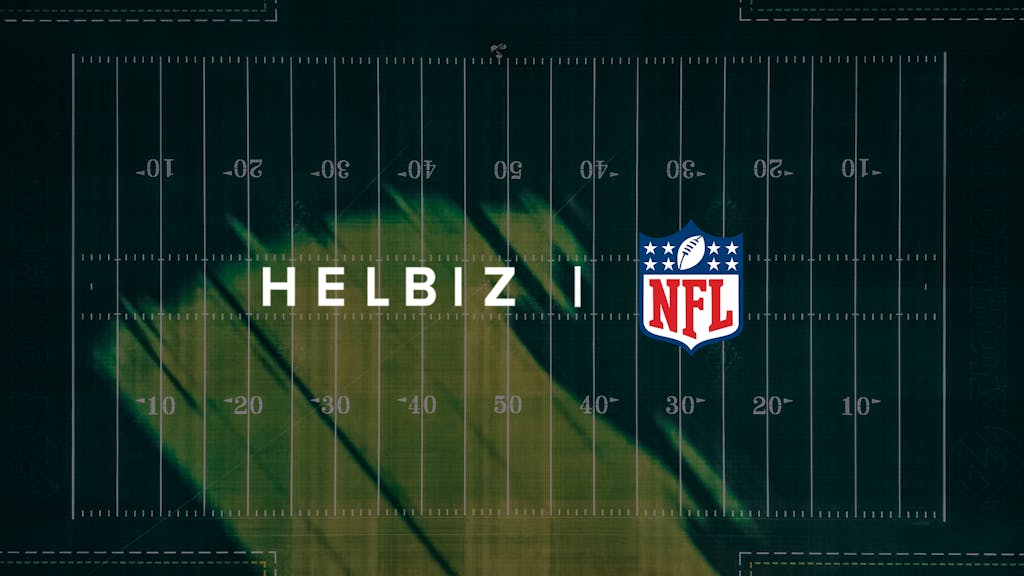Until June 2021, Helbiz was recognised exclusively as a global leader in micro-mobility services, providing a diverse fleet of vehicles including e-scooters, e-bicycles and e-mopeds via a single platform in dozens of cities worldwide.
Headquartered in New York City, the company had established a reputation as an ambitious trend-setter since its launch in 2015 – becoming, for instance, the first corporation in the sector to be publicly listed on the Nasdaq stock exchange via a special purpose acquisition company (SPAC) in August 2021.
Even so – for those familiar with the burgeoning business, as well as uninitiated observers from the sports industry – it appeared to be an extraordinary pivot when, a month later, Helbiz picked up non-exclusive domestic streaming rights to Italian football’s second-tier Serie B.
As part of the deal, which will run for three seasons, from 2021-22 to 2023-24, Helbiz was also appointed exclusive distributor of Serie B’s rights worldwide and became the league’s ‘Official Micro and eMobility Partner’.
New venture
The rights acquisition marked the launch of a whole new division: Helbiz Media, while the company’s direct-to-consumer streaming platform to exploit the rights in Italy was named Helbiz Live.
And despite the raised eyebrows from some onlookers, it quickly became clear Helbiz meant business with their striking new venture. Matteo Mammi – the experienced former senior director of sports rights, programming and production at pay-television broadcaster Sky Italia and an ex-adviser to the Mediapro agency – was appointed to head up Helbiz Media.
“It is uncommon,” says Mammi, referring to the company’s diversification into sports media. “However, innovation and disruption are always about being a bit uncommon.
“Launching a media arm was the idea of Helbiz founder Salvatore Palella, who is a visionary guy with an unusual instinct to do things in a different way. Initially, he asked me to advise him on football business and media rights in order to develop his idea to generate synergies and extra value from different dimensions. Then the Serie B rights were acquired and Helbiz Media was launched.”
Promising start
By the autumn, Helbiz Media had sealed a distribution agreement with Amazon Prime Video, the streaming arm of the internet retail giant, and added rights to German football’s DFB-Pokal knockout tournament and American football’s NFL to its offering in Italy.
Helbiz Media – set up with the intention of distributing rights globally, and with a particular focus on sports rights – had enjoyed a promising start, but there is clearly more to come.
With this in mind, Mammi explains that the expansion into sports rights and over-the-top (OTT) streaming coverage will help to drive the company’s broader business objectives.
“Helbiz Media was launched with the aim of supporting the core business of the Helbiz Group,” Mammi says. “It is a new business unit that is part of a broad strategic plan, which will further expand the value and size of Helbiz thanks to the synergy between the worlds of micro-mobility and media.”
Specifically, Mammi says that Helbiz Media will add value to the Group’s core business in four ways.
Firstly, it will expand the current micro-mobility customer base of about three million by adding new users who will be attracted by sports and entertainment. As a starting point, Serie B alone has more than 2.2 million fans in Italy.
Secondly, average revenue per user, churn and satisfaction rates are expected to improve across the business, and thirdly, Helbiz Media and Helbiz Live will help to promote micro-mobility in new markets. Finally, advertising can be sold centrally across the Group, via Helbiz Media, to offer brands a broad set of inventory that can span multiple media platforms.

Global ambitions
“Helbiz Media has been launched in Italy, but it will have international footprint, aligned to the mobility division’s main markets,” Mammi adds.
Such global ambitions in sports media are realistic for a group that already has a presence in 35 cities worldwide and a strong focus on technological innovation. In its core business, Helbiz utilises a customised, proprietary fleet management technology system, underpinned by artificial intelligence and environmental mapping to optimise operations and sustainability.
Furthermore, Helbiz is expanding its urban lifestyle products and services to include food delivery, financial services and more, alongside its sports and entertainment content streaming services, all accessible within its mobile app. In terms of future business developments, though, sports club acquisitions are not on the agenda.
“We are very creative and we don’t set limits in considering business opportunities, but I would exclude club acquisition,” Mammi says.
“We will look at whatever business – sport or non-sport – we believe can generate added value to our core business and can fit properly with our growing customer base. For example, we recently launched Helbiz Kitchen, a new concept that has combined the so-called ‘ghost kitchen’ and food delivery models.”

Business impact
While Helbiz Media has been created with the mission of supporting the core business, Helbiz Live, which will be available through smartphones, tablets, PCs and smart TVs, will add more content and events to its current portfolio.
The estimate is that Helbiz Live and the related advertising sales revenues will account for between 15 and 25 per cent of the Group’s turnover in the coming years. In the meantime, though, Helbiz believes its exposure to risk has been mitigated by a carefully planned approach to its sports-rights investments.
“I have been working in the industry for 20 years and have been in different seats around the negotiating table, and the core discussion about sports rights is always about how they can be monetised,” Mammi says.
“This equation alters dynamically in the wake of big market changes. However, from the perspective of Helbiz, we follow two main rationales.
“Firstly, we always make investments in the right way, based on a sound business plan. This means that all potential revenue streams must generate enough money to justify the investment.
“Secondly, we also consider the indirect benefits that sports-rights investments will generate for the core business of micro-mobility. This factor alone expands the tangible impact of the monetisation challenge.”